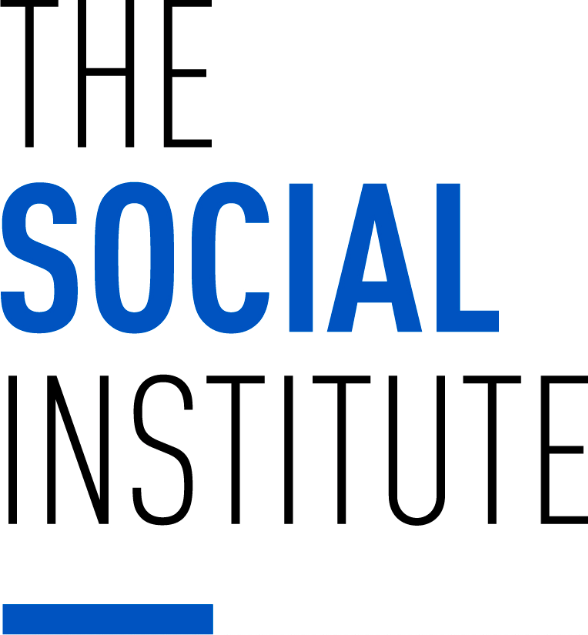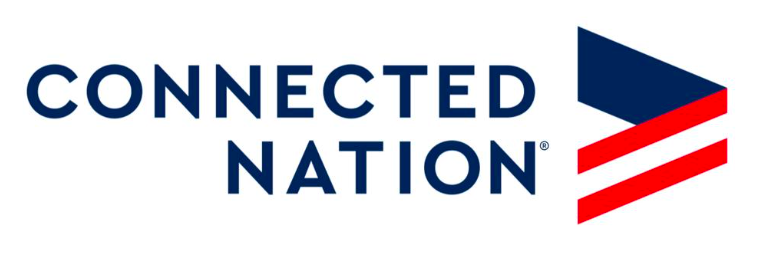The Social Institute, whose mission is to empower millions of students to navigate their social world — including social media and technology — in positive, healthy, and high-character ways, released its 2024 Student Insights Report: How Social Media, Tech, and Current Events Impact Student Well-Being. This report reflects insights shared by more than 29,000 students in TSI’s Annual Student Survey and more than one million responses from its K-12 collaborative learning platform, #WinAtSocial — making it the largest data set of its kind, spanning grades 3 – 12 in schools across the U.S., Canada, and Puerto Rico.

Each year, The Social Institute asks students nationwide to share insights into trending apps, positive ways to navigate common but complex social situations, everyday challenges faced online and off, and what adults should know about well-being, social media, and technology. Educators can use the insights to gain a deeper understanding of their students, helping them to improve school culture and community well-being.
Among this year’s key findings:
- The majority of students are getting their first smartphone at 11 years old
- 73% of students say social media is the most popular way to get news
- 87% of 9th – 12th graders say social media helps them explore hobbies and interests
- 60% of 6th – 8th graders say that social media helps them learn social skills
- 61% of 3rd – 5th graders say social media helps them do well in school
“These insights are invaluable for educators, because the better you understand students, the more effectively you can empower them to navigate their social world — including social media and technology — to fuel their health, happiness, and future success,” said Laura Tierney, Founder and CEO of The Social Institute. “As a team of digital natives and educators, we have seen first-hand how this ever-changing, complex world of technology impacts students.”
Other key student findings include:
- 48 percent of 6th-grade students said they would speak up if a family member is using their phone while driving
- 49 percent of 7th-grade students say they feel the need to respond to a text within 10 minutes of receiving it, or even sooner
- 64 percent of 10th-grade students say their social media profile genuinely reflects who they are
The survey also asked students how they would respond to certain situations on social media, such as dealing with explicit content and navigating mean behavior in group chats. To learn more and view the full 2024 Report, including more insights, visit https://app.hubspot.com/documents/7235441/view/723211956?accessId=cf7165.
YouScience®, the leading technology provider dedicated to solving the skills gap crisis for students and employers, and Black Girls Do STEM, a 501c3 nonprofit organization empowering Black girls to achieve equitable Science, Technology, Engineering and Math (STEM) representation, today announced the release of the 2024 Black Students and STEM Report. This new report reveals that Black students across the nation possess the aptitudes for in-demand STEM careers, but lack interest in pursuing them. This indicates that a significant career exposure gap exists, likely due to underrepresentation in STEM careers.

The career exposure gap is measured by the difference between a student’s aptitudes and interests, and identifies which careers a student hasn’t been exposed to and which ones might be a good fit. Most notably, the 2024 Black Students and STEM Report found:
- A 75% exposure gap in Advanced Manufacturing
- A 57% exposure gap in Health Science
- A 56% exposure gap in Finance
- A 53% exposure gap in Architecture & Construction
- A 51% exposure gap in Computers & Technology
The 2024 Black Students and STEM Report combines data from YouScience and Black Girls Do STEM to highlight Black student career exposure gaps for in-demand STEM careers and the importance of programs that address the gaps. The report analyzed anonymized data from 328,000 Black U.S. middle and high school students who took YouScience’s Aptitude and Career Discovery tool from 2019 to 2023. This is the only scientifically-backed tool to apply computerized performance measures of aptitudes, interests, and AI-powered algorithms to activities that help identify best-fit career matches of all students, regardless of race or gender.
Historically, there has been limited Black representation in STEM-related fields. As of 2021, 9% of the STEM workforce was Black, which was an increase from 7% in 2011. While this growth is positive, new solutions are needed to help Black students explore STEM-related education and careers earlier.
“As a Black woman in STEM, I have seen first-hand the lack of representation for women, especially Black women, in these in-demand career fields. However, I have long felt that the solution to this lies within redefining education for Black students through access to identity affirming informal learning environments; so they understand the full scope of their aptitudes, and also the full scope of what careers are possible.” said Cynthia Chapple, Founder and CEO of Black Girls Do STEM. “Working with YouScience has confirmed that notion by truly showcasing the possibilities for our students based on their unique, individual aptitudes.”
While both Black male and female students have aptitude for STEM careers, the report found that significant exposure gaps exist for female students in particular:
- 88% more Black female students have an aptitude for careers in Advanced Manufacturing than interest
- 73% more Black female students have more aptitude for careers in Computers & Technology than interest
- 72% more Black female students have an aptitude for careers in Architecture & Construction than interest
“For decades, Black students have encountered inequities that have impacted their pathways in education and then career. It’s imperative to recognize that Black students possess the aptitude for all STEM careers, but the glaring exposure gap remains a formidable challenge due to resource deficiencies and lack of representation. By bridging the exposure gaps and doing so earlier in education, society can help Black students understand all of the opportunities available to them and connect them with education and career pathways and programs that can foster even more skills and understanding,” said Edson Barton, Founder and CEO of YouScience. “One of the most notable programs helping to bridge the gap for students is Black Girls Do STEM. This organization and Cynthia Chapple are working diligently to provide female students with the opportunity to learn, create and build confidence in their abilities to pursue STEM careers.”
To access the complete findings from the 2024 Black Students and STEM Report as well as recommendations from YouScience and Black Girls Do STEM on how to address the career exposure gaps in STEM, click here.
Connected Nation (CN) has partnered with Utah Education Network (UEN) to release the fifth iteration of the Utah School Technology Inventory, a statewide report that compiles critical data about technology usage and gaps in UEN schools. The national nonprofit has collaborated with UEN for nearly a decade to track how technology is used in Utah’s school districts and charter schools, and the access teachers and students have to digital materials, devices and platforms. The inventory once again had a 100% participation rate.

“Starting in 2015 through 2023, UEN’s partnership with Connected Nation has conducted these inventories in the fall every other year,” said UEN Senior Project Manager Cory Stokes. “Completing these inventories helps leaders at the state, district and school levels make better decisions based on data to improve, enhance and support technology in education.”
UEN chose the nonprofit to develop the data collection portal and lead the inventory effort. They collected more than 82,600 data points, representing 1,034 schools across Utah. The final report provides a comprehensive summary of the Utah school system and an overview page for every school district and charter school in the state.
“School districts use these reports to determine how they are currently using technology funds to support their students and teachers,” said Stokes. “The data provides and accounts for how technology is supporting and helping to meet the needs of students and teachers in public education.”
The inventory found that, statewide, 7 out of 10 schools (70%) report that they deploy mobile learning devices such as laptop or tablet computers to students on a 1:1 basis.
Other key findings include:
- Device-to-student ratio increased since 2015 but remain the same between the 2021 and 2023.
- Google Chromebooks remain the most popular computing device for students, with schools reporting that more than 594,000 Chromebooks are made available to students statewide.
- Nearly 2 out of 5 Utah schools (38%) offer mobile learning devices on a 1:1 basis and allow students to take those devices home, maintaining a similar rate from 2021 (39%).
“UEN’s focus has always been to provide equitable network services and resources to all students in Utah, regardless of where they live, how they participate in school and how they most effectively learn,” said Stokes. “This was all made possible through the School Technology Inventory report.”
Read the 2023 Utah School Technology Inventory Report.
About the Utah Education Network: UEN is part of the Utah Education and Telehealth Network (UETN), which connects all Utah school districts, schools, and higher education institutions to a robust network and quality educational resources. UEN is one of the nation’s premier education networks.
About Connected Nation: The national nonprofit’s mission is to improve lives by providing innovative solutions that expand access, adoption and use of high-speed internet and its related technology to all people. They work with consumers, local community leaders, states, technology providers and foundations to develop and implement technology expansion programs with core competencies centered on a mission to improve digital inclusion for people and places previously underserved or overlooked. For more information, please visit connectednation.org.

:max_bytes(150000):strip_icc()/Health-GettyImages-1342980570-80531d9053c343799c89a6dbe9fcb768.jpg)



